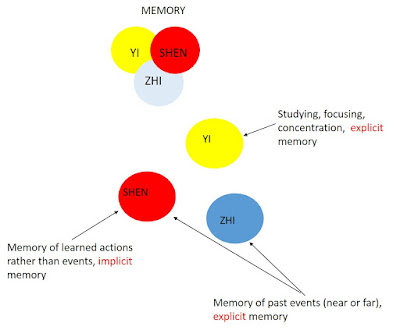How to Tell Your Family That You Have an Addiction
Have there been times when you have tried to tell your family about your addiction? You gather up your courage and try to tell them, but, before you start, fear and uncertainty take hold. Maybe it’s not the right time. Maybe they really won’t understand. Will they stop loving me? As these kinds of thoughts race through your mind, you decide to keep hiding your secret longer. You might even try to convince yourself that you really don’t have an addiction problem at all.
General Warning Signs of Addiction
General Warning Signs of Addiction
There are many warning signs of addiction. These signs can be behavioral, physical or emotional. General warning signs of addiction include:
- Needing more drugs or alcohol to become satisfied
- Using more frequently
- Having symptoms of withdrawal
- Isolating yourself from family and friends
- Becoming withdrawn or unreliable
- Experiencing mood swings
- Having feelings of depression, anxiety or aggression
- Not caring about work or school
- Inattention to personal hygiene and physical appearance
- Weight loss
- Face, leg or arm sores
- Bloodshot, red or glassy eyes
Taking the First Step
Chances are, your family members already know that you have an addiction problem. It is difficult to keep hiding the truth and the longer you try, the harder it becomes. Taking the step and telling your loved ones that you have an addiction to drugs or alcohol takes courage. Saying the words, “I am an addict” to your family is hard, but once the truth is out in the open you will feel better. Admitting the truth will help you begin your journey to overcoming your addiction with the support of those that love you.
Have a Plan
When you make the choice to tell your family about your addiction, it is important to have a plan.
- Know what you are going to tell them and be prepared for their reactions and questions.
- Let them know that you want to overcome your addiction and need their support.
- Show them you are serious about making positive changes in your life by having the information on recovery centers.
- Tell them if you have made other positive changes, such as joining a support group or dropping friends that helped you with your addiction.
By showing your loved ones that you are committed and prepared to make the necessary changes for your recovery, it will be easier for them to offer their support and assistance.
Choosing a Time and Place
Choosing a Time and Place
The best time to talk to your family is when everyone is calm. Choose a location that is comfortable and quiet. Do not bring up the subject when there is a lot of noise and commotion. Sporting events, busy restaurants, or big family gatherings are not good choices. You want your loved ones’ full attention during this important conversation, so choose a time and place where everyone is relaxed and ready to talk.
Stay Calm
Stay Calm
When telling your loved ones about your addiction, it’s important to remain calm. Whether you decide to tell one person at a time or your entire family at once, be ready for any reaction. Some may react calmly and supportive right away. Others may cry or raise their voice. It is important that you remain calm and stay positive.
Be Honest
Be Honest
Being honest with your family members is crucial to regaining any trusts that may have been broken. Tell them you know that you have been unreliable. Let them know that you are aware that your addiction has cost you their trust. If you caused anyone hurt or disappointment, apologize to them and make amends. Be open and honest about the cause of your addiction. Whether it resulted from pressure from your friends, being unable to manage the stress in your life or any other reason, tell them the truth. Let them know that you want to make positive changes in your life and you want their help as you go down the road to recovery. Show them your strong commitment and determination to become free of your addiction.
The Road to Recovery
The Road to Recovery
Telling your family about your addiction is often the first step to becoming free of your addiction. Let them help you now that they are aware of your problem. Even if you have done research on a recovery facility, let them do more. They love you and want to support you on your journey to recovery. They want to find the best addiction treatment program for you and make sure it provides you with all the services you need. The professionals at the treatment center, along with your support system of family and friends, will guide you on your journey toward complete recovery.
By Terry Hurley


Comments
Post a Comment